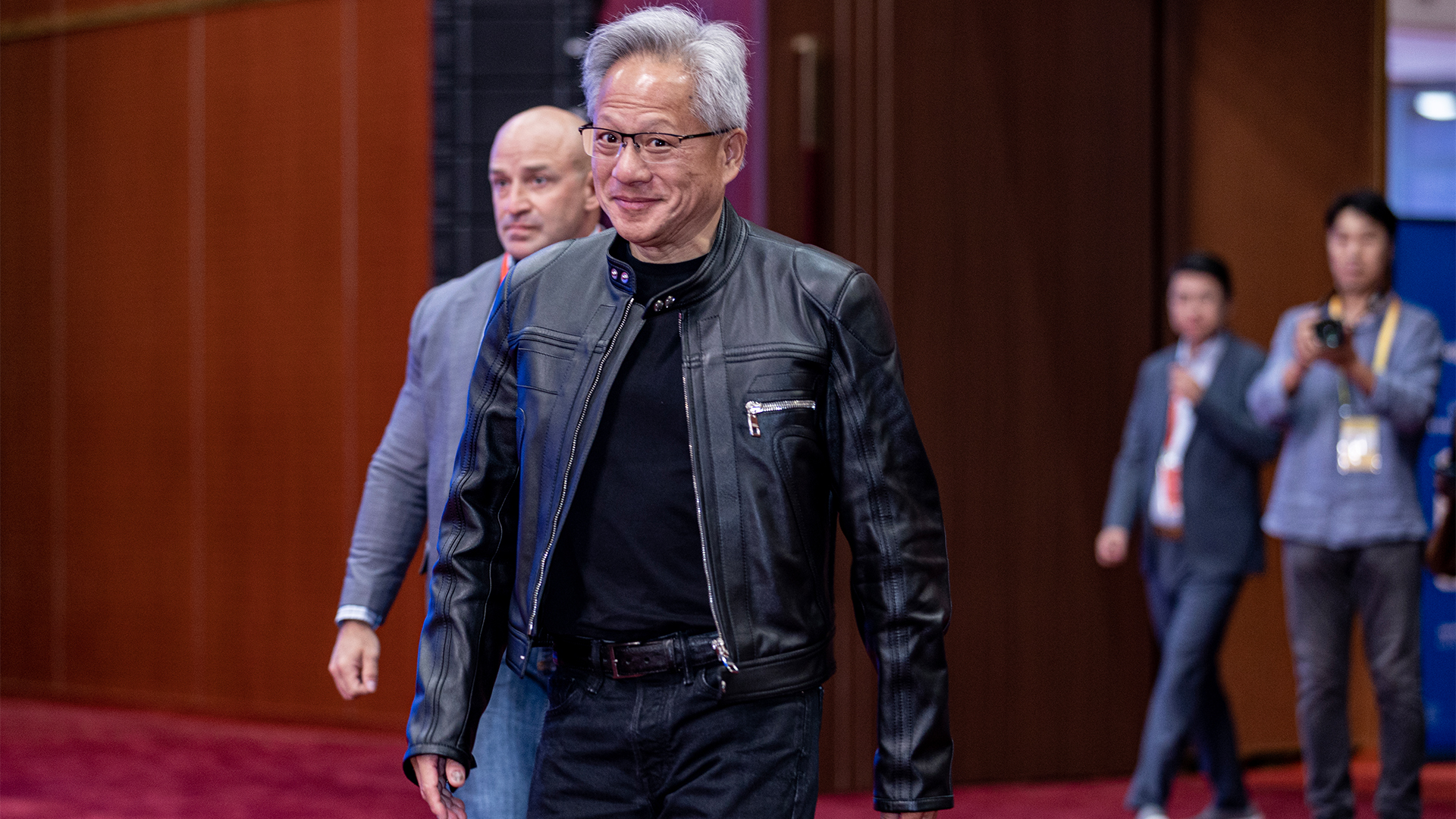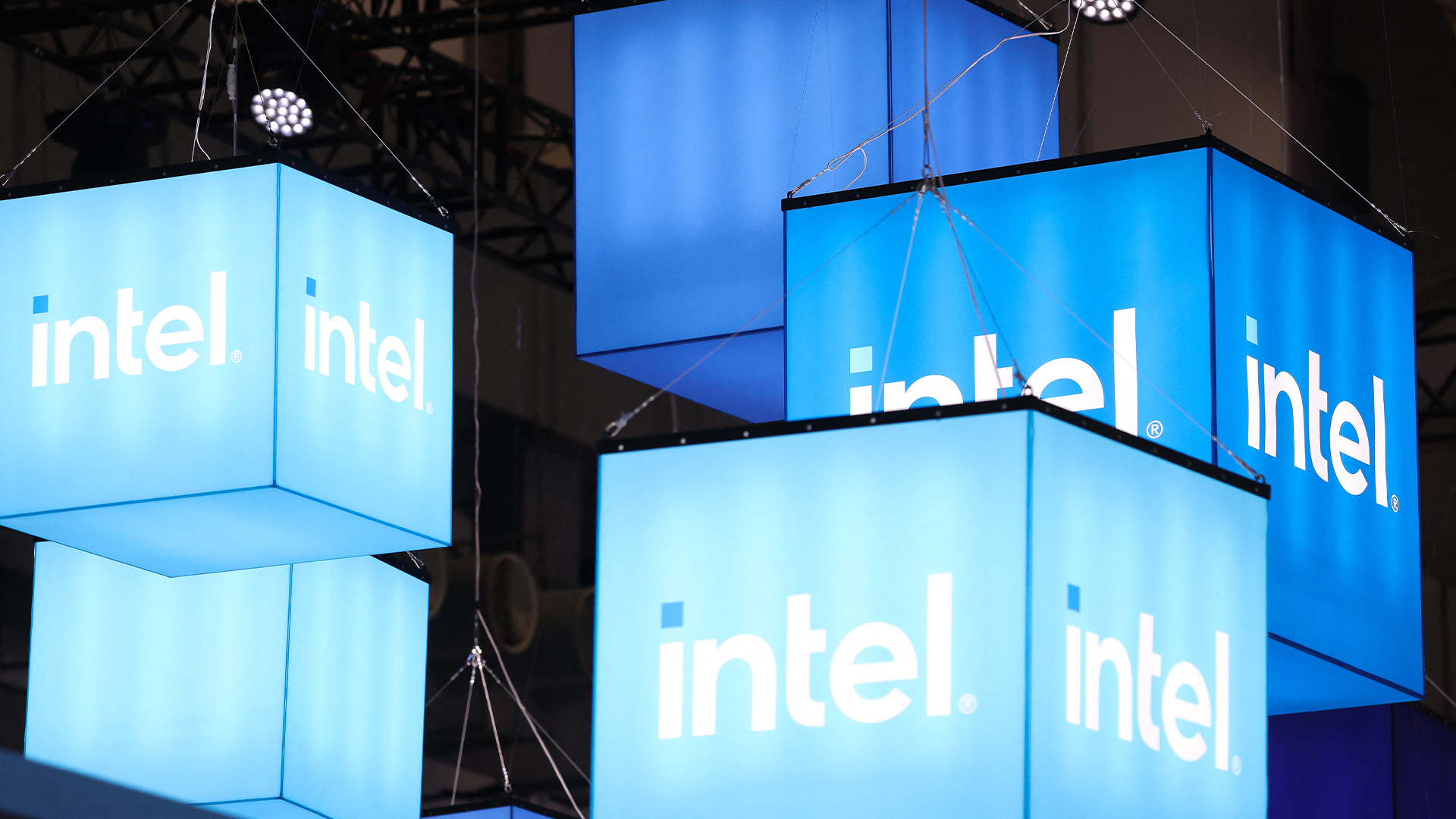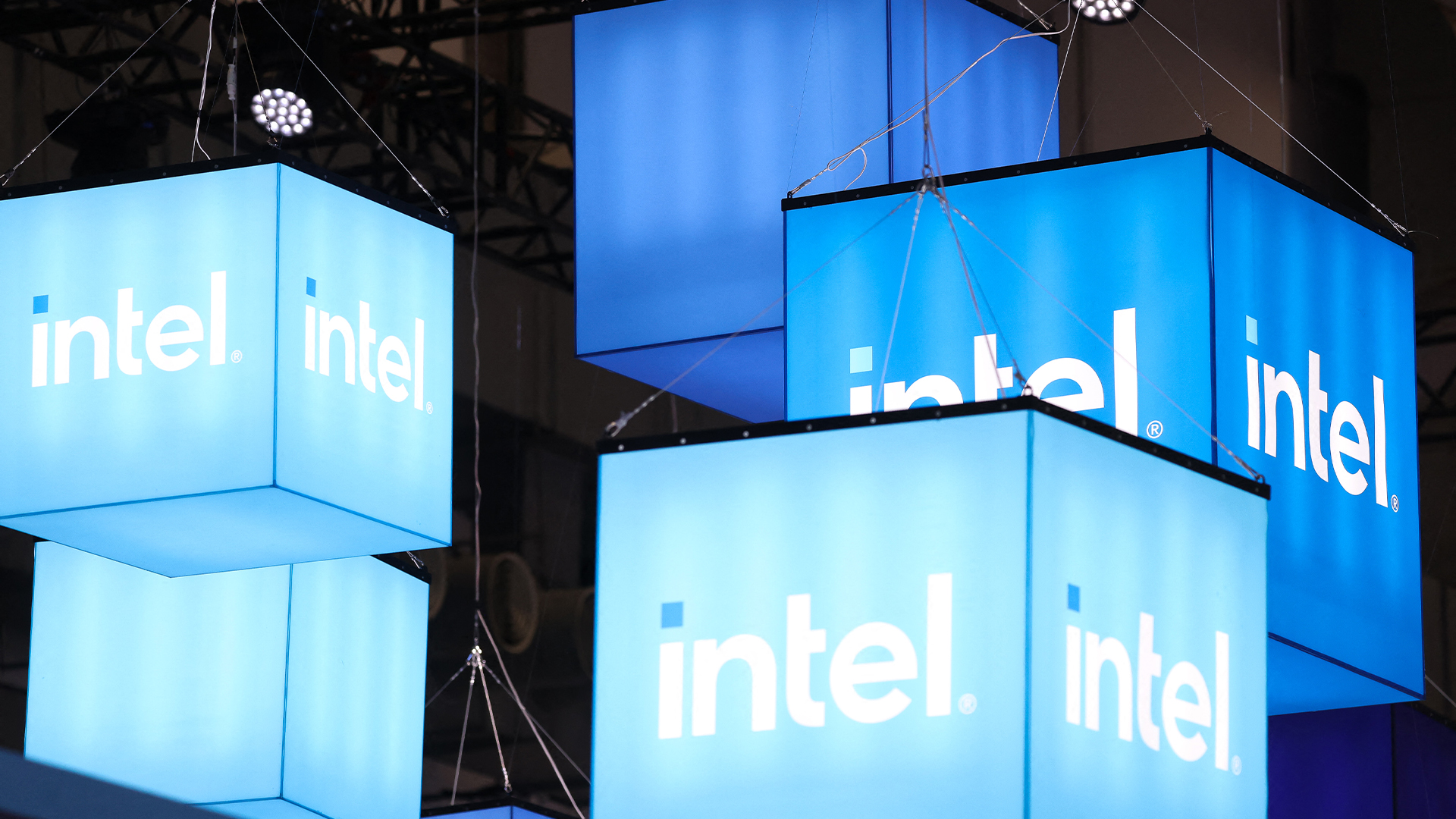Apple could dump Intel from Macs in favour of its own chips
The company is rumoured to be looking at moving silicon manufacturing in-house


Apple is mulling over plans to manufacture its own processors for its macOS computers within the next two years, according to reports.
Bloomberg reported that the project, codenamed Kalamata, would be part of a bigger strategy making Macs, iPhones and iPads work better together, according to people familiar with the plans.
Currently, Apple makes the main processor for its iPhones, iPads, Apple Watches, and Apple TVs, based on ARM chip technology. Using its own chips in Macs would let Apple decide on release dates for its new models rather than relying on Intel. Apple makes up 5% of Intel's revenues according to the Bloomberg report.
The changeover to Apple's own chips could start with the 12-inch MacBook. Apple's last major processor transition happened in 2005, when it moved Macs to an Intel-based architecture, away from IBM's PowerPC processors. That transition took around a year. The Bloomberg report implies a new transition would be longer and require a "multi-step transition" beginning as early as 2020.
The move is part of a wider effort to make Macs work more like their smartphone and tablet cousins. Dubbed "Marzipan", the project would enable users to run iPhone and iPad apps on Macs. This software compatibility will arrive before the chip transition.
There are already ARM-based chips in Macs, but these tend to be for specific functions, such as security. The latest MacBook Pro and iMac Pro feature these co-processors.
Paul Norris, senior systems engineer for EMEA at IT security firm Tripwire, told IT Pro that it was only a matter of time until Apple started using its own processors on its desktops and notebooks.
Sign up today and you will receive a free copy of our Future Focus 2025 report - the leading guidance on AI, cybersecurity and other IT challenges as per 700+ senior executives
"It have been successful designing its own processors in its iOS-based operating system devices since they have launched, offering a secure enclave between operating system and hardware," he said.
"Apple is taking advantage of this relationship between operating system and hardware to its OSX based devices to guarantee strengthened security. Intel has to cater for a number of different types of operating systems and hardware devices, which increases the likelihood a vulnerability is identified."
Apple declined to comment on the reports, while Intel could not be reached for comment.
Rene Millman is a freelance writer and broadcaster who covers cybersecurity, AI, IoT, and the cloud. He also works as a contributing analyst at GigaOm and has previously worked as an analyst for Gartner covering the infrastructure market. He has made numerous television appearances to give his views and expertise on technology trends and companies that affect and shape our lives. You can follow Rene Millman on Twitter.
-
 What is Microsoft Maia?
What is Microsoft Maia?Explainer Microsoft's in-house chip is planned to a core aspect of Microsoft Copilot and future Azure AI offerings
-
 If Satya Nadella wants us to take AI seriously, let’s forget about mass adoption and start with a return on investment for those already using it
If Satya Nadella wants us to take AI seriously, let’s forget about mass adoption and start with a return on investment for those already using itOpinion If Satya Nadella wants us to take AI seriously, let's start with ROI for businesses
-
 Nvidia’s Intel investment just gave it the perfect inroad to lucrative new markets
Nvidia’s Intel investment just gave it the perfect inroad to lucrative new marketsNews Nvidia looks set to branch out into lucrative new markets following its $5 billion investment in Intel.
-
 The US government's Intel deal explained
The US government's Intel deal explainedNews The US government has taken a 10% stake in Intel – but what exactly does the deal mean for the ailing chipmaker?
-
 US government could take stake in Intel as chip giant's woes continue
US government could take stake in Intel as chip giant's woes continueNews The move would see increased support for Intel’s manufacturing operations
-
 Dell says Windows 11 migration is a prime opportunity to overhaul ageing PC fleets – and AI devices are in the spotlight
Dell says Windows 11 migration is a prime opportunity to overhaul ageing PC fleets – and AI devices are in the spotlightNews The shift to Windows 11 means IT leaders can ditch old tech and get their hands on AI PCs
-
 The gloves are off at Intel as new CEO plots major strategy shift
The gloves are off at Intel as new CEO plots major strategy shiftNews Intel’s incoming CEO has some big plans for the firm’s business strategy, sources familiar with the matter have told Reuters, with more job cuts looming on the horizon.
-
 Intel just won a 15-year legal battle against EU
Intel just won a 15-year legal battle against EUNews Ruled to have engaged in anti-competitive practices back in 2009, Intel has finally succeeded in overturning a record fine
-
 AMD and Intel’s new x86 advisory group looks to tackle Arm, but will it succeed?
AMD and Intel’s new x86 advisory group looks to tackle Arm, but will it succeed?News The pair will look to make x86 CPU architecture more interoperable
-
 Why the world is about to be swamped with AI PCs
Why the world is about to be swamped with AI PCsNews With adoption rates set to surge, AI PCs will become far more mainstream in years to come
